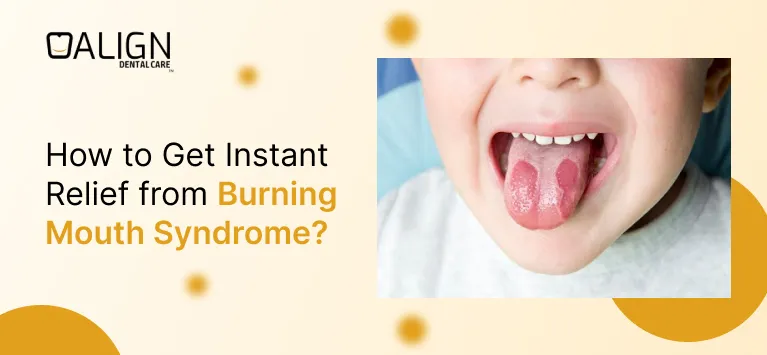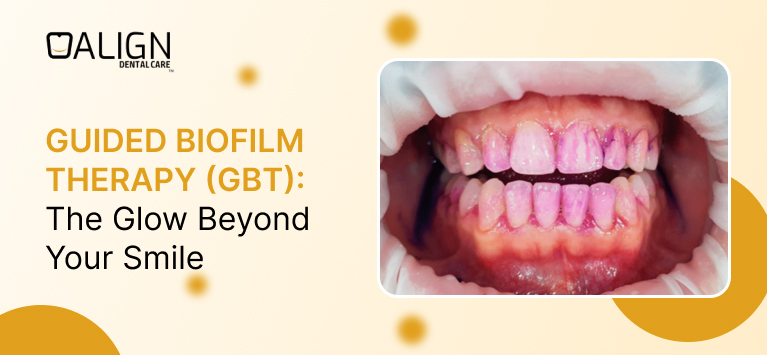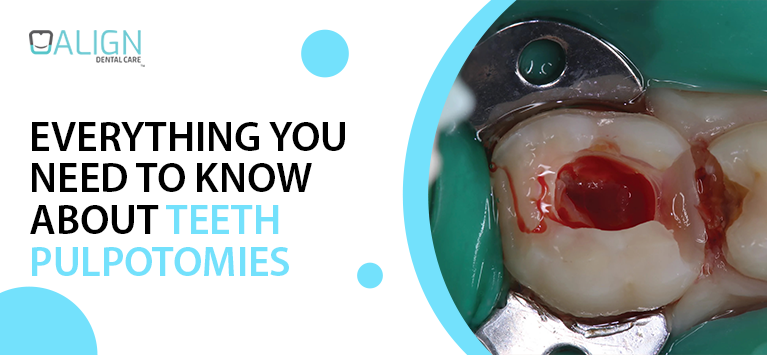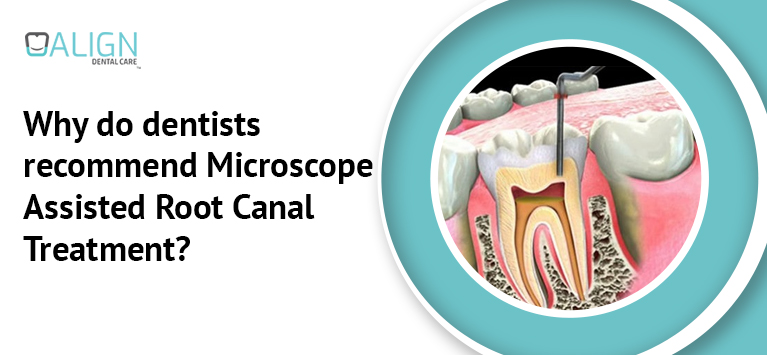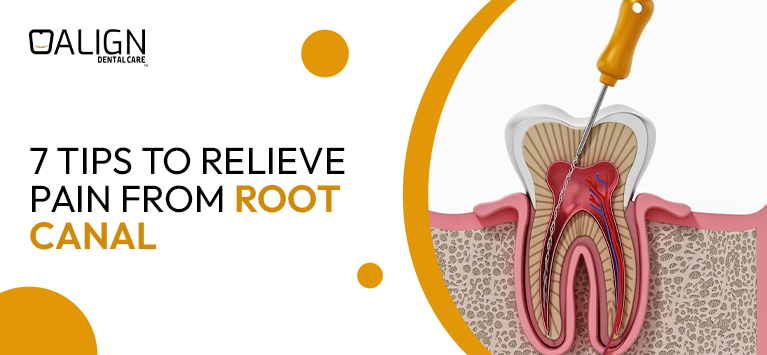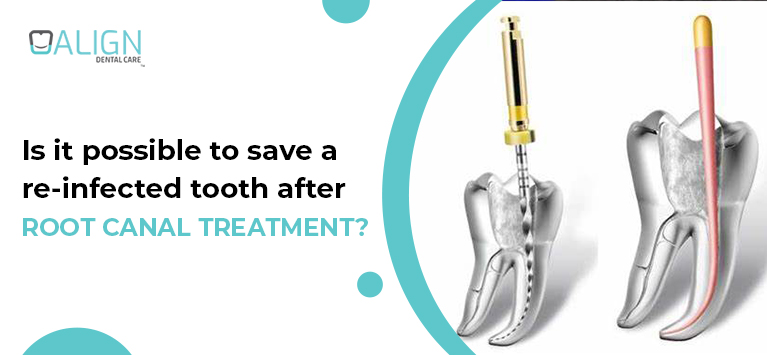
Is it possible to save a re-infected tooth after Root Canal Treatment?
Root Canal Treatment (RCT) provides a new lease of life to an immensely decayed tooth. RCT is recommended at times when infections reach the soft centre of a tooth. It is a specialized procedure focusing on removing the infected pulp chamber which is made up of a bundle of nerves, soft tissues, and blood vessels.
The endodontic treatments have ensured success rates range between 86% and 98%. It preserves an internally decayed tooth from being extracted and gets rid of the excruciating pain the diseased tooth triggered.
Such root canal-treated teeth can stay healthy for years but occasionally, re-infections can occur due to various reasons. Luckily, you can get retreatment to eliminate such painful circumstances occurring again.
Table of Contents
How does a re-infected root canal occur?
A root canal treatment’s success is determined with how efficiently the microbes inside a tooth are expelled. However, the anatomy of a tooth’s internal structure like root canal network is a complex structure. It implies disinfecting some canals inside a tooth might be missed at times. Likewise, various attributes prevent the treated tooth from healing.
As a consequence of these, infections in a root canal-filled tooth happen. Such infections can reoccur after a few months or years. The following factors contribute to reinfected root canals:
- As discussed above, the infections in some canals inside a tooth might be missed during endodontic surgery because they are tiny and curved. In such cases, the bacteria, and germs tend to breed so that the infection happens again. Nowadays, this problem is fixed with Microscope-assisted Root Canal Treatment.
- Root Canal Therapy involves drilling a tooth to access the diseased & dying nerves inside. Once they are cleaned, endodontists seal the tooth with a temporary covering until the permanent fillings (like crowns) are fabricated. If there is any delay in receiving permanent protective fillings, oral microbes will enter inside the tooth.
- In certain cases, bacteria in saliva enter inside the treated before the placement of a protective covering. It also leads to reinfection after RCT.
- The protective coverings become cracked or loosened after years of wear and tear. If this occurs, it will allow the oral bacteria to infiltrate the tooth.
- Even though the treated tooth is enveloped with a protective covering, its natural portion is still vulnerable to microbial invasion if it is not well maintained. Hence the patient should maintain an effective oral hygiene routine after Root Canal Therapy.
How will you identify if you have re-infected root canals?
If a tooth is infected after an endodontic procedure, it provokes the same set of symptoms again you encountered before the root canal procedure is performed. You might need endodontic retreatment if you have one or more of the following symptoms:
- Constant pain and pressure
- Tooth sensitivity to temperature variations
- Sharp pain while biting and chewing
- A pimp-like bump on the gums around the infected tooth
- An ache-like feel occurs consistently in a particular part of the tooth
If you encounter any of these difficulties in a previously root canal-treated tooth, contact your dentist immediately.
How do dentists treat such re-infections?
You should get endodontic retreatment if your dentist detects infections inside a root canal-treated tooth.
It involves reopening the tooth and removing the special material with which the root canal is filled after the pulp chamber is removed during earlier treatment. Next, the interior regions are cleaned and the tooth is sealed again.
To avoid further infections, you should strictly adhere to the rules and aftercare instructions provided by your dentist.
Bottom line
Root Canal Treatment is highly effective and has ensured success rates. The infections in an RCT-treated tooth reoccur in exceptional cases. Mostly, it happens due to the complex anatomy of root canals. Otherwise, poor oral care activities will lead to such infections. So don’t worry or interrogate the quality of Root Canal Treatments.
For tips on how to protect your root canal-treated tooth. Contact our endodontists in Sri Lanka.






